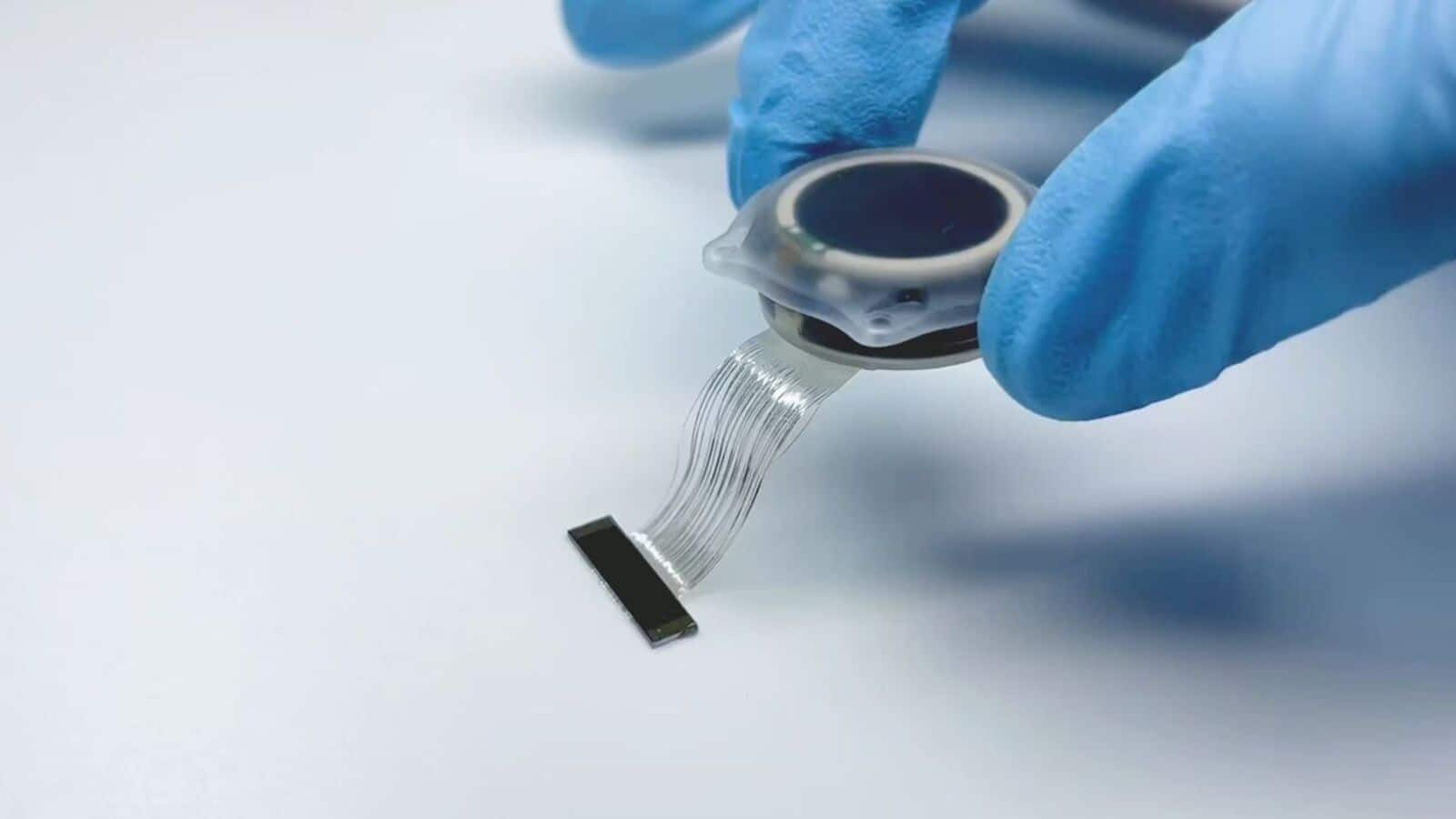
Musk's Neuralink seeks 3 patients for long-term brain implant study
What's the story
Neuralink, the brain-chip company founded by Elon Musk, is planning to enroll three patients in a long-term study to evaluate its revolutionary device. The research, registered on the US government's clinical trials database, is projected to take several years to complete. Initially, Neuralink aimed to enroll 10 patients when it applied to US regulators to begin clinical trials, as reported by Reuters.
Company mission
Neuralink's goal: Control digital devices with thoughts
The goal of Neuralink's brain-computer interface (BCI) implant is to enable paralyzed patients to operate digital devices using their thoughts. The company has been receiving interest from patients for years, even before gaining approval to start human trials last year. The procedure for the study involves using a robot to surgically place a BCI implant in the brain region that controls movement intention. The study is set to conclude in 2031, and will involve patients aged between 22 and 75.
Participant requirements
Eligibility criteria for Neuralink's study
To be eligible for the study, patients must have had limited mobility for at least one year and a life expectancy of at least 12 months. They must also have very limited or no movement in their hands, wrists, and arms due to spinal cord injuries or amyotrophic lateral sclerosis (ALS). The "first-in-human early feasibility study" began in January, according to details posted by the company.
Initial success
Neuralink's first successful implant
In January, Neuralink successfully implanted the device in Noland Arbaugh, a patient paralyzed from the shoulders down due to a 2016 diving accident. According to company blog posts and videos, the device has enabled Arbaugh to play video games, browse the internet, and move a computer cursor on his laptop using only his thoughts. Last week, the US Food and Drug Administration (FDA) gave green light to Neuralink for implanting its innovative brain chip in a second patient.